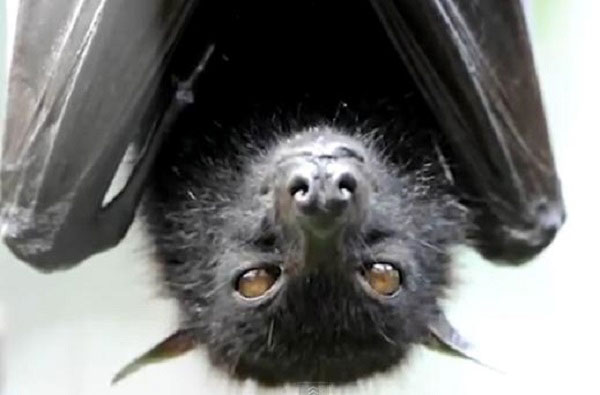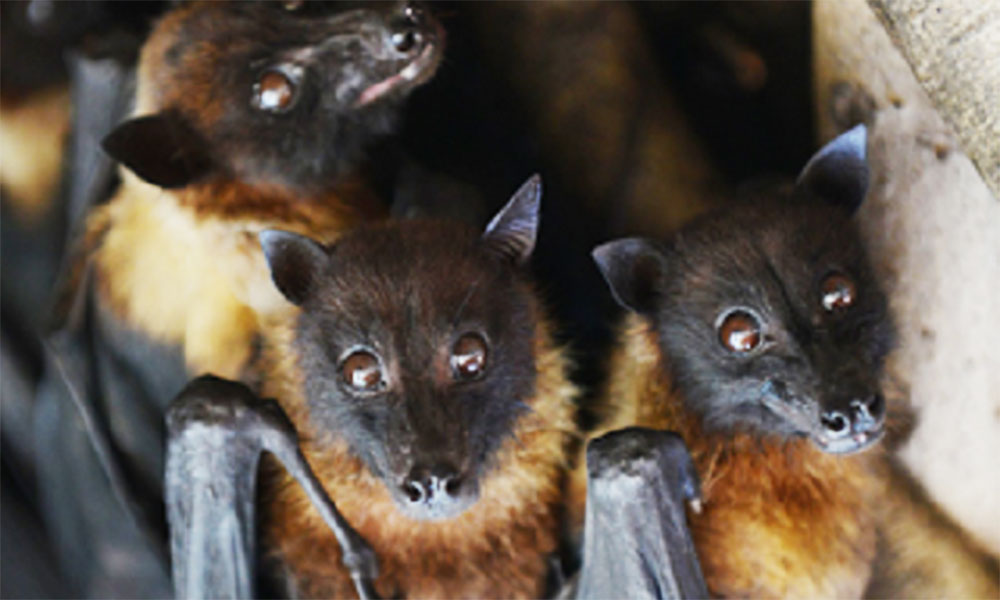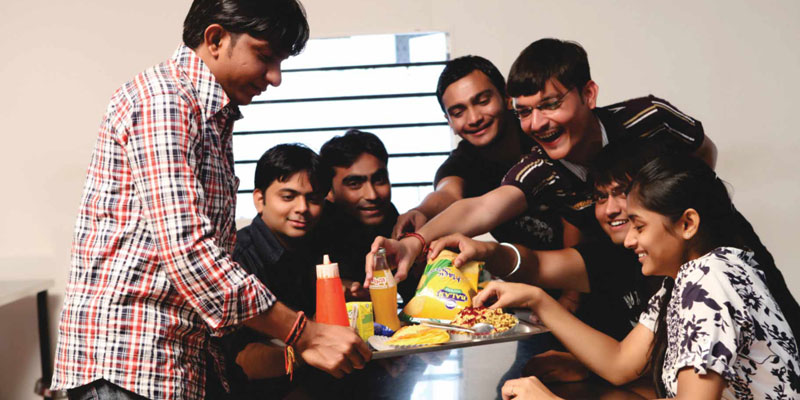Nipah virus (NiV) is one of the rarest and deadliest known viruses ever.
It belongs to the group of Paramyoxide in class of Henipavirus. This virus was first recognized when an epidemic broke out in Malaysia and Singapore in 1999; when suddenly pig farmers and people fell ill when they get too close with pigs.
In 2001 Siliguri (West Bengal, India), Nipah affected 66 people and 45 people died. It happened again in 2011 Bangladesh, where 56 people were affected and 50 people died. In Nadia district West Bengal, 50 cases of Nipah virus were suspected with 3-5 victims. There were at least eight outbreaks in Bangladesh; patients were mostly were hospital staff visitors, showing person-to-person transmission. In Inida. People were affected by drinking raw date palm sap.

The name ‘Nipah’ is originated from ‘Sungai Nipah’ a village situated in Malaysian Peninsula.
Currently this disease is killing many people in Kozhikode district of Kerala, the southern-western part of India. Nipah rarely infects people but when people are affected it makes them feel very sick. The victim begins to experience fever, headaches, vomiting and fainting, it last for 10 to 12 days. The infection spread to our internal organs making them dysfunctional. The victim fall into coma and at the final stage when brain develops swelling, the victim faces death. This can be both dangerous and fatal and can also cause long-term disabilities too. It is said that this deadly illness is spread through bats to animals through fruit bites. This happens when people’s stock fruits or vegetables which are bitten by bats. It is believed that bat’s saliva or urine or faeces gets mixed up and when it is consume, people get infected. Now, Nipah is spreading has cross border from Kerala to Karnataka killing 11.

In Bangladesh and India, this disease has spread through date palm sap which is very sweet. The people harvest date palm sap, which they sell as a drink similar to sugarcane juice. The bats are addicted to sweet, so it licks the sap and later the people drink the same sap and get infected. Unlike any flue or diseases that goes from person to person this virus affects to those people who are very closer to suffers. The virus is spreading virally and has killed numerous people in Kerala which also has affects the nurse who looks after the patients. It is said that, fourteen people died in Kozhikode district in Kerala with viral fever. Nine others including some family members who have interacted with them are under treatment at government and private hospitals. Some are undergoing treatment at the Government Medical College Hospital, Kozhikode and the Baby Memorial Hospital, Kozhikode.
According to World Health Organization (WHO) people who are affected by this virus, several times they don’t show any symptoms of it and it becomes impossible to detect how it happened. A report says that there is no vaccine for prevention or cure from the Nipah Virus.
World Health Organization has asked researchers to work on Nipah Vaccine and treatments.
The series of death due to Nipah virus increased at an alarming rate and to avoid this tourist stopped coming to Kerala – which was highly affected by this virus. The tourists were afraid that they will also become the victim of this unidentified virus, which has no cure. This infection is lethal and there has not been any treatment discovered for it, I would suggest you to follow a few feasible steps to shield yourself from being infected;
- We should check our stock and preserve them properly.
- Do not eat fruits bitten by bats or any birds or other animals.
- Avoid any kind of contact from animals.
- Avoid close or frequent contact with an infected person.
- Always wash your hands properly after interacting with infected people.
- Don’t share room, utensils, clothes used by the infected persons.
- Always wear a mask while tending patients
- Do not drink water from areas where bats are found in large numbers.
- Keep your household well-covered.
- Eat fruits after washing them properly.
One step towards wellbeing, leads a safe and fit family.
Prevention is better than cure.





